A transgender man’s journey to become himself
A Kaiser Permanente member receives physical and emotional support from his care team throughout his gender affirmation, even as his goals evolve.
Ollie Zirbel recovering after surgery at Kaiser Permanente West Los Angeles Medical Center.
Assigned female at birth, Ollie Zirbel always sensed that he was different than other girls.
“In middle school, my friends would have sleepovers and talk about Christian and Ryan at school and how cute they were. And I was like, ‘I'd rather be them than date them,’” he recalled.
Later, Zirbel began to learn the language of the gay and lesbian community.
“I thought, ‘Well I was born in a female body, and I have this attraction to women, so I must be a lesbian,’” he said. “I thought that was going to be the fix, but it still wasn’t quite right.”
It was only when Zirbel turned 30 and began pursuing a degree in LGBTQ (short for lesbian, gay, bisexual, transgender, and queer or questioning) studies at San Diego State University that his identity became clear. At a meeting of a campus support group for LGTBQ students, a fellow student who was transitioning shared his story.
“He was very open about his transition, and when I heard his story, I was like, ‘There's the missing piece. That’s what I need to do,’” said Zirbel.
Finding his true identity
That realization marked the start of a journey for Zirbel. The Kaiser Permanente member was referred to a therapist at our San Diego Medical Center who diagnosed him with gender dysphoria, a feeling of distress because your inner sense of your gender doesn’t match the sex you were assigned at birth.
Over the course of the next 15 months, he began masculinizing hormone therapy for gender affirmation and had surgery to remove his breast tissue, also known as top surgery.
An important touchpoint along the way was a weekly support group called Being Me, led by gender therapist Aimee Severe, a licensed marriage and family therapist at the Kaiser Permanente San Diego Medical Center.
“Being Me includes people at all stages of exploring their gender identity,” she explained. “Some are still contemplating hormones and others are post-surgery.”
There isn’t any reason to hide stuff in that room. Some people come early and change into clothes that are authentic to them. It’s a group of some of the most authentic people I've been around in my entire life. Ollie Zirbel
Group meetings often begin with members describing the highs and lows of the past week.
“People might share, ‘I had my first testosterone injection’ or ‘My surgery got scheduled,’” said Severe.
Participants also talk about everyday challenges, from coming out at work to socializing with friends from before they transitioned.
A place to be their authentic selves
For group members trying out new names, pronouns, or ways of dressing, Being Me is a comfortable place to experiment.
“There isn’t any reason to hide stuff in that room,” Zirbel said. “Some people come early and change into clothes that are authentic to them. It’s a group of some of the most authentic people I've been around in my entire life.”
The first session of every month is an “open group,” which friends and family members can attend by invitation.
“Guests are usually pretty quiet at the beginning, but by the end, they get comfortable and start to ask questions,” Severe said.
‘Sometimes the journey changes’
When he started his transition, Zirbel’s priorities were hormone therapy and top surgery. Later, he learned that Kaiser Permanente would soon begin offering masculinizing bottom surgeries, including metoidioplasty and phalloplasty, at our West Los Angeles Medical Center, and he was curious to learn more.
Zirbel discussed his feelings during individual therapy sessions with Severe.
“I told Ollie, ‘Sometimes the journey changes, and that’s OK,’” said Severe. “Just because you envisioned your journey a certain way on day one, that doesn’t mean you will feel the same way on day 200 or on day 500.”
On September 14, 2019, Zirbel became the first patient to have a phalloplasty at our West Los Angeles Medical Center.
Inspired to help others
Now more than 2 years out from his surgery, Zirbel is deeply grateful to his Kaiser Permanente care team. He shares his personal journey during training sessions for mental health clinicians and medical center staff throughout Kaiser Permanente in Southern California. With Severe’s encouragement, he recently began working toward a master’s degree in social work and hopes to become a gender therapist.
“I have a passion for working with the families of trans people, and I think a lot of that comes from the open groups we did at Being Me,” he said. “If you’re open and willing to talk, you can be a really supportive force.”
-
Social Share
- Share A Transgender Man’s Journey to Become Himself on Pinterest
- Share A Transgender Man’s Journey to Become Himself on LinkedIn
- Share A Transgender Man’s Journey to Become Himself on Twitter
- Share A Transgender Man’s Journey to Become Himself on Facebook
- Print A Transgender Man’s Journey to Become Himself
- Email A Transgender Man’s Journey to Become Himself

May 7, 2025
How to cope with anxiety after childbirth
As a new mother, Cherissa Ong was overwhelmed by stress. A mental health …

April 30, 2025
From fighter to father: How addiction care changed his life
Travis Taylor has substance use disorder and mental health conditions. …

March 27, 2025
Living proof: Colon cancer highly treatable if caught early
There is an alarming rise in colon cancer rates among younger adults. Cynthia …

March 7, 2025
High blood pressure during pregnancy is on the rise
The keys to preventing cardiovascular conditions during pregnancy are knowing …
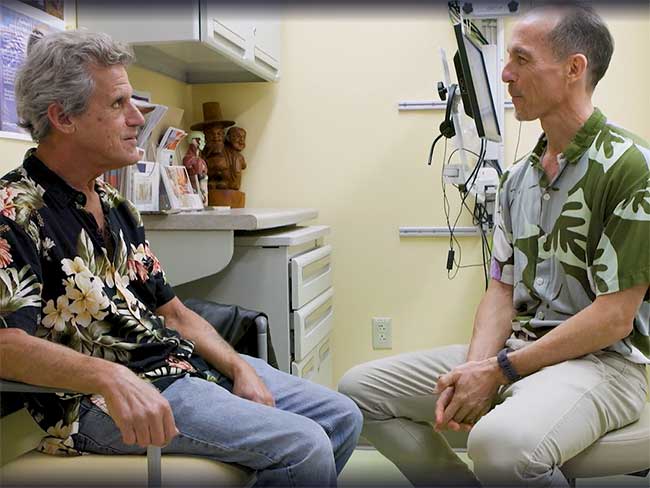
March 7, 2025
Kaiser Permanente in Hawaii cures 1,000th patient with hepatitis C
The milestone highlights its Viral Hepatitis Clinic's crucial role in addressing …
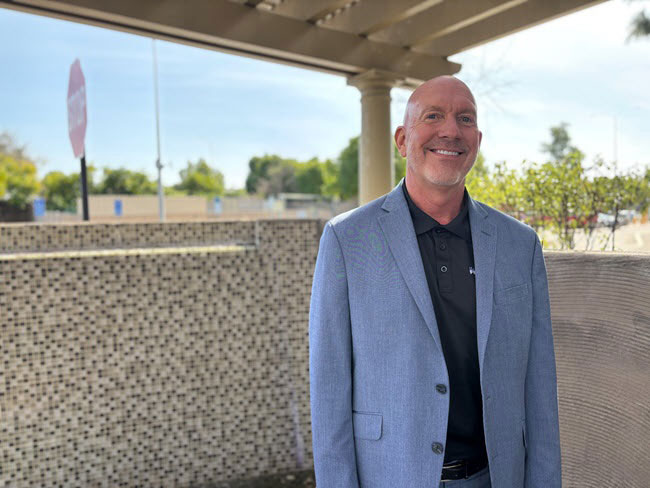
February 27, 2025
‘The heart attack that saved my life’
A sudden heart attack led Mark Twichel to seek care at Kaiser Permanente …

February 26, 2025
Colon cancer: Do you need to be screened?
If you’re age 45 or older, getting checked regularly for colorectal cancer …

February 18, 2025
I just need a chance
Billy Cardosi spent his life putting his family and job first. Then a heart-rela …

February 14, 2025
A fulfilling life on the other side of ovarian cancer
As a wife and a mother, Autumn Gray was determined to beat cancer to be …

February 4, 2025
What is therapy, anyway?
At Kaiser Permanente, our care is personalized for each patient's mental …
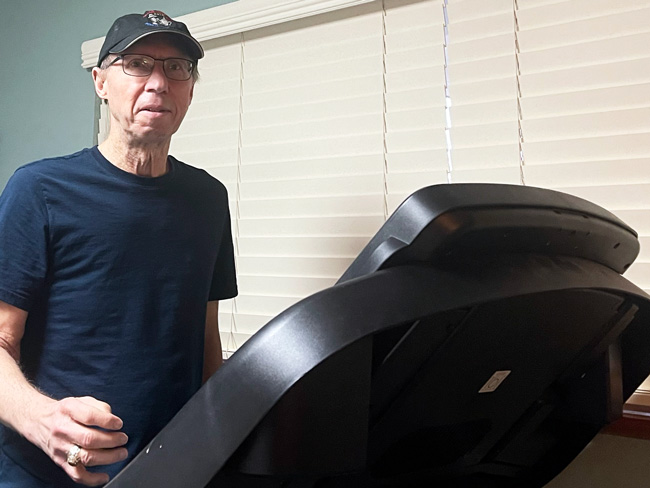
January 15, 2025
After surgery, home was where his heart was
Virtual cardiac rehabilitation offers Mike Erskine a convenient, safe way …

December 26, 2024
How telehealth can make life easier for people with cancer
Virtual care connects cancer patients like Rob Tufel to a wide range of …

December 10, 2024
Accelerating growth in the mental health care workforce
Actions policymakers can take to grow and diversify the mental health care …

November 26, 2024
How to reduce your risk of stroke
A Kaiser Permanente doctor and researcher shares the simple changes you …

November 18, 2024
The power of early detection and proactive men’s health
A father's determination to stay healthy for his 3 children led him to …
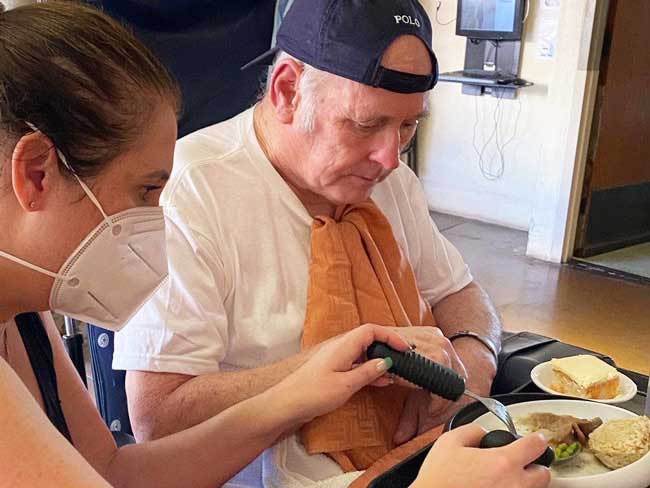
November 13, 2024
Self-care for caregivers matters: Here’s why
A sharp increase in rates of adult caregiving is taking a mental and physical …
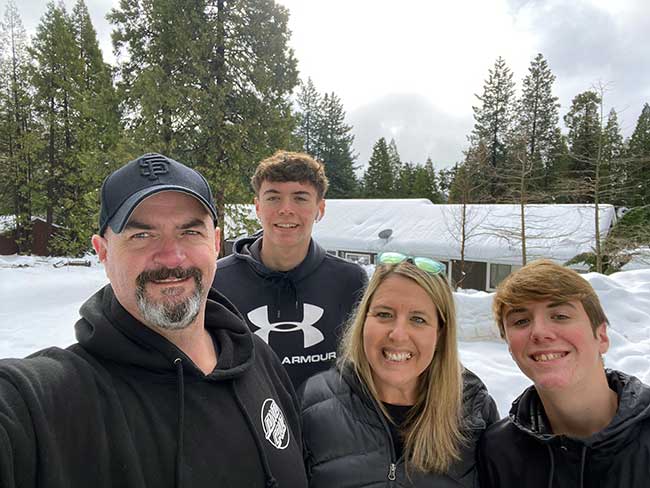
November 12, 2024
Surviving lung cancer as a nonsmoker
As a lifelong nonsmoker, Mariann Stephens was shocked to learn she had …
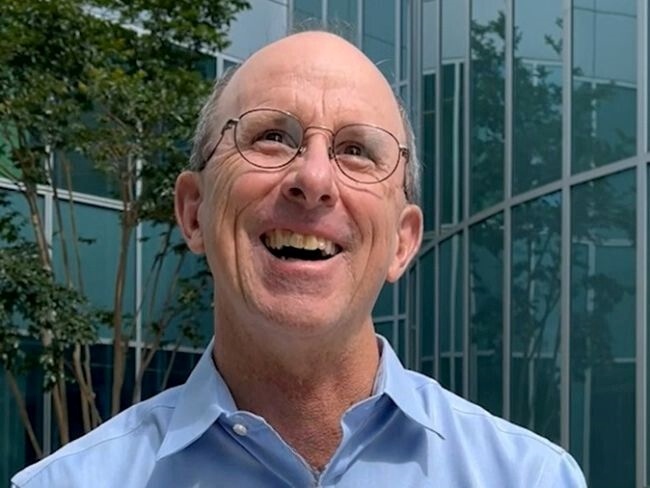
October 29, 2024
That’s not tennis elbow
A Kaiser Permanente physician thought he pinched a nerve during a tennis …
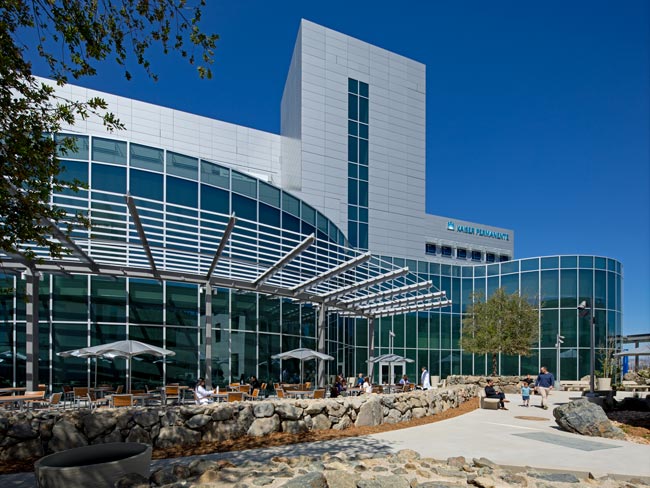
October 16, 2024
Leading in sustainable building design
Kaiser Permanente tops LEED health care facility rankings, demonstrating …
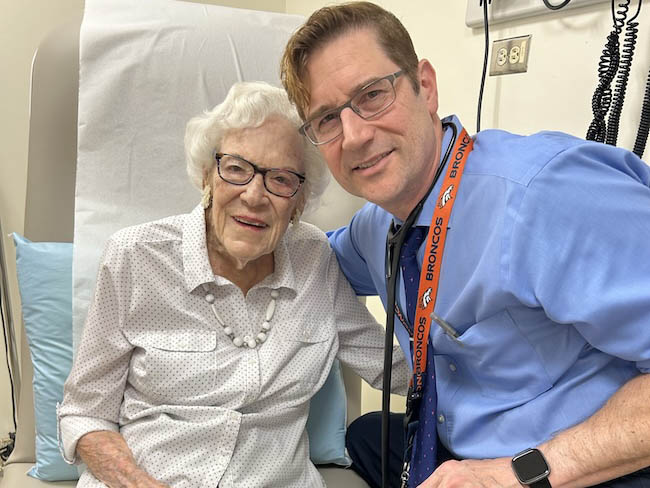
October 15, 2024
107-year-old member credits Kaiser Permanente for longevity
Bettye Garrett’s personal doctor says her healthy perspective on life’s …

October 15, 2024
Our dedication to fostering well-being and equity
The 2023 Kaiser Permanente Southern California Community Health County …
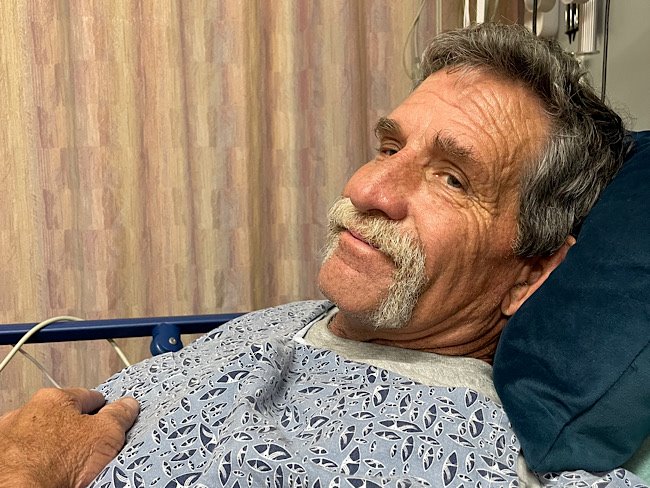
October 8, 2024
It started with a bad feeling
In August 2023, John Lynn collapsed at work. For the next year, he fought …

October 4, 2024
Teacher learns about herself and how to live with anxiety
A lifelong educator seeks behavioral health care to manage repetitive worries, …

October 1, 2024
From depression to connection: Older adult finds her way
After a long period of loneliness and isolation, Roberta Maguire gets the …

September 23, 2024
Meet KP Plus — Washington’s new large-group health plan of choice
This innovative plan more affordably adds choice and flexibility to Kaiser …

September 20, 2024
Ovarian cancer journey confirmed nursing student's calling
Miriam Gutierrez was diagnosed with late-stage ovarian cancer at age 31. …
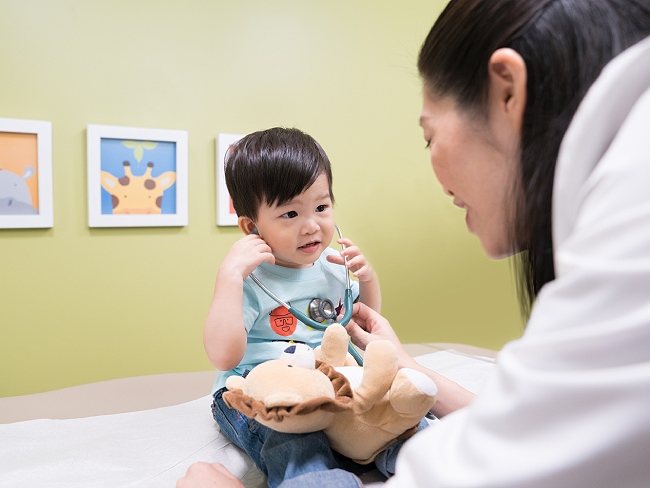
September 18, 2024
More than 100 ‘Top Docs’ recognized in Washington state
Kaiser Permanente celebrates doctors and nurse practitioners recognized …

September 17, 2024
A Latina’s voice in mental health is impactful with her clients
Connecting through a shared heritage gives one therapist a unique perspective …

September 17, 2024
Playing on after 2 decades of cancer care
With the support of his health care team and nurse navigator, musician …
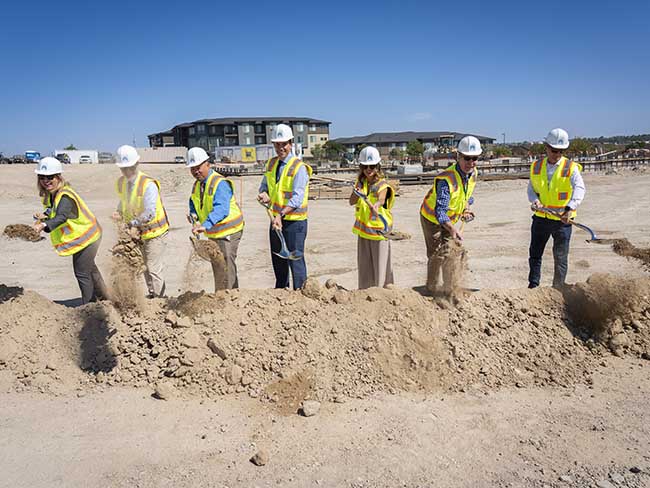
September 17, 2024
Groundbreaking at new medical offices in Pueblo
The new Pueblo North Medical Offices will replace the existing facility …
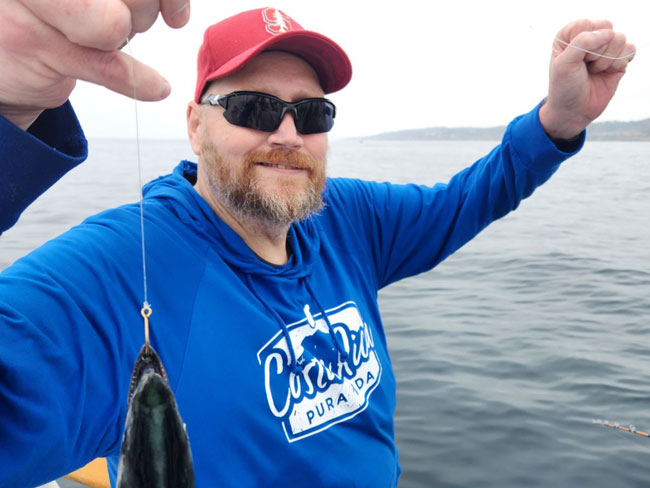
September 6, 2024
Navigating a world turned upside down after heart failure
After a life-threatening series of heart attacks at age 57, Bunnell Fockler …

August 29, 2024
After Stage 4 ovarian cancer, she’s still going strong
Donna Budway received prompt surgery followed by chemotherapy. She credits …
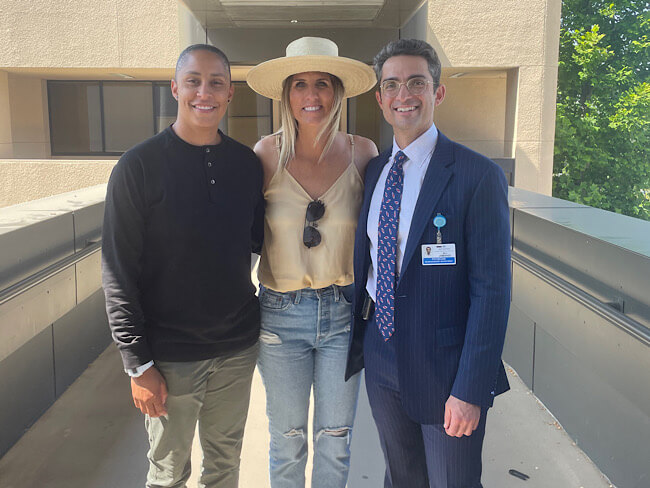
August 29, 2024
Neurosurgery and a deep, enduring doctor-patient relationship
A basketball coach’s remarkable story of undergoing brain tumor surgery …
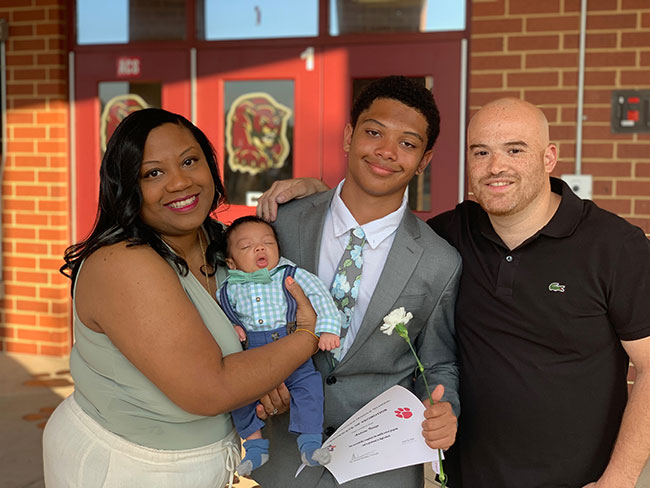
August 28, 2024
Making breastfeeding work: A second-time mom’s journey
Support from a dedicated care team helps Tiffany Anonye breastfeed her …
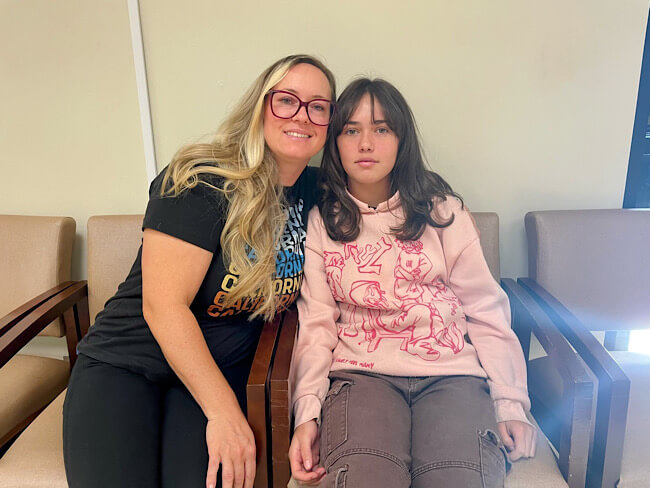
August 27, 2024
From sore throats to ice cream floats
A mother and daughter share a special bond after undergoing tonsillectomies …

August 15, 2024
Back home one day after heart surgery
Ed Dalmasso needed an aortic valve replacement. His care team provided …
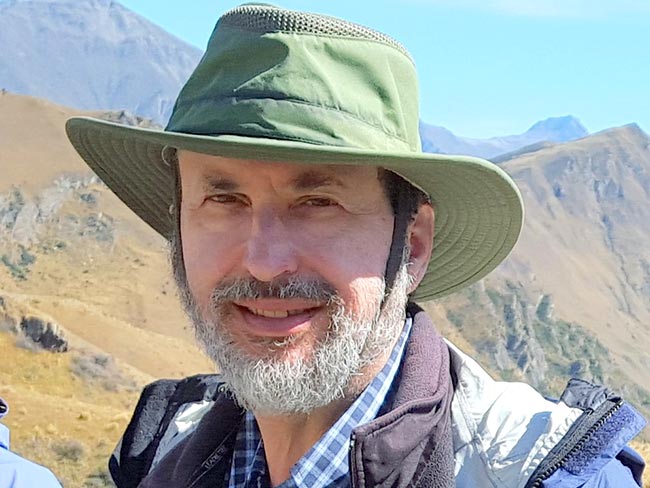
August 6, 2024
For a father with prostate cancer, knowledge is power
Harold Newman had advanced prostate cancer. Genetic testing helped expand …
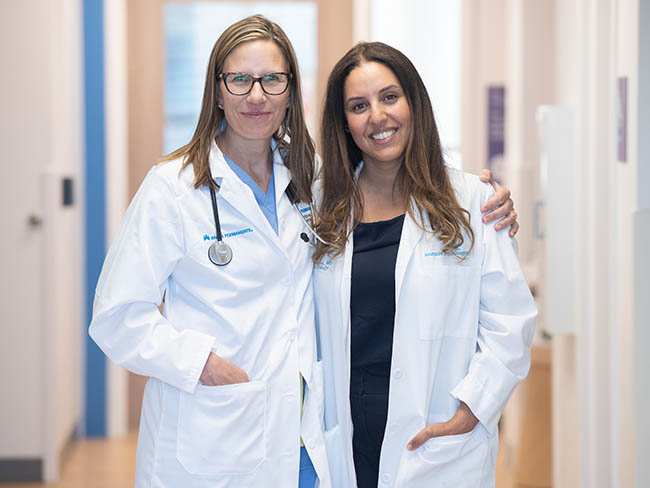
August 1, 2024
Kaiser Permanente tops Colorado ‘Top Doctors’ list
5280 Magazine named 332 Kaiser Permanente physicians to its annual Top …

July 10, 2024
We help members lower their risk of heart attacks and strokes
A Southern California program, powered by our connected care model, is …
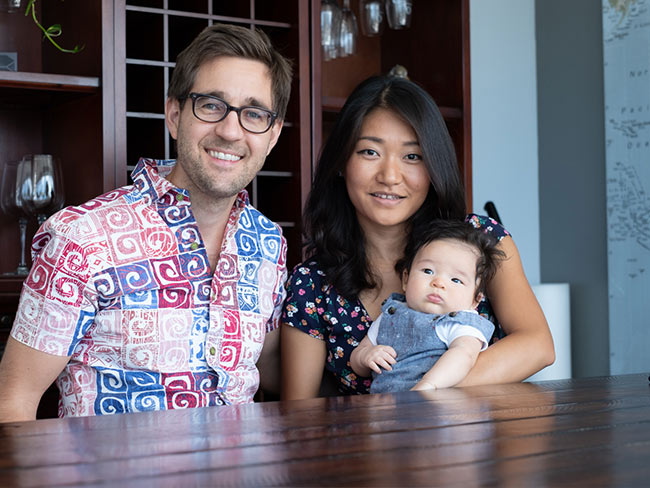
June 25, 2024
Prompt postpartum care saves a baby’s life
When a newborn was diagnosed with meningitis, a life-threatening infection …

June 13, 2024
Conquered 2 cancers while climbing mountains
Chris Hogan faced kidney cancer and prostate cancer at the same time. He …

May 31, 2024
Stage 4 lung cancer: A story of hope
A young father is enjoying “bonus time” with his kids thanks to new targeted …
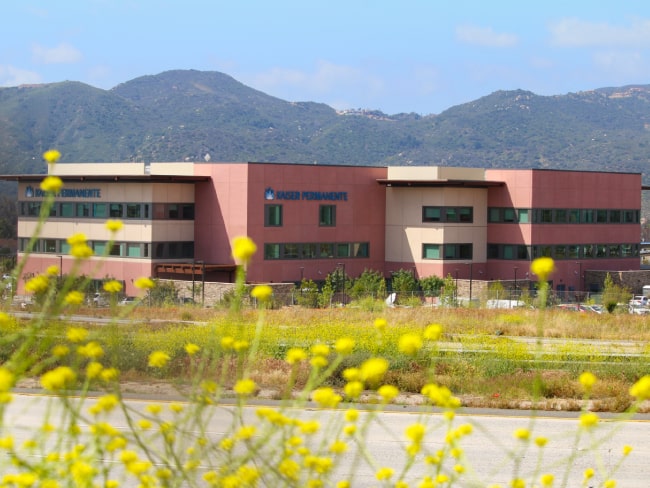
May 24, 2024
Investing to meet health care needs
The new Wildomar Trail Medical Offices offer additional opportunities for …

May 21, 2024
Surviving stage 4 lung cancer with immunotherapy treatment
Patients like Carol Pitman are living longer thanks to advances in lung …

May 17, 2024
A leader in LGBTQ+ health care equality
All 39 of our participating hospitals receive top marks again for welcoming …
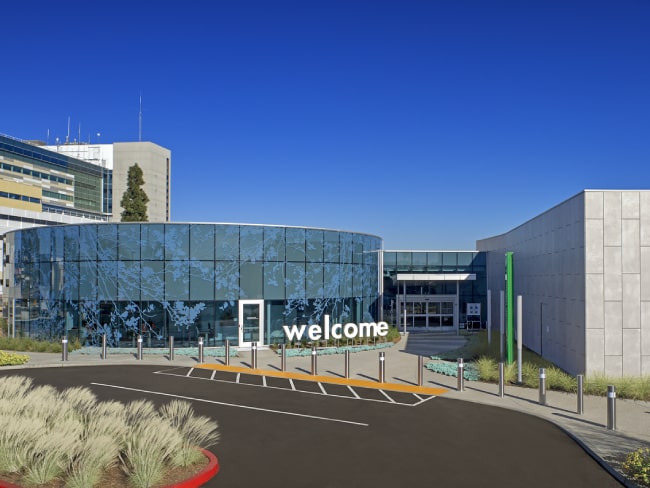
May 7, 2024
Making cancer care more convenient in Southern California
Kaiser Permanente has opened a new Radiation Oncology Center at the Bellflower …
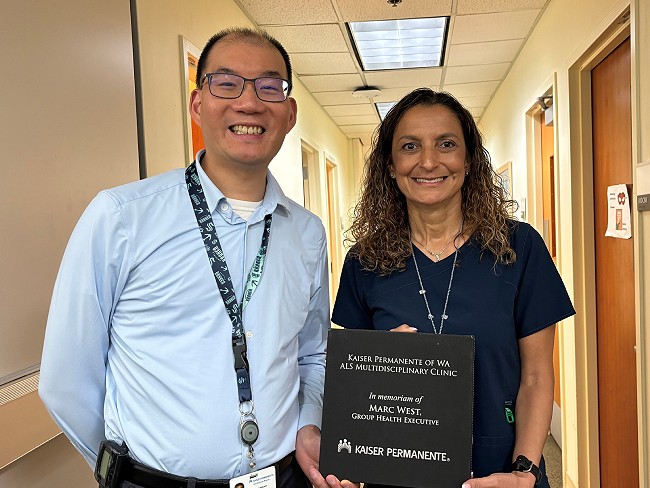
May 1, 2024
Tacoma ALS clinic recognized for high-quality care
Patients with amyotrophic lateral sclerosis, also called Lou Gehrig’s disease, …

April 10, 2024
For a new mom, talking about her worries helped her heal
One in 5 people experience depression, anxiety, or other mental health …

April 9, 2024
Denver Fire Department annual blood work screenings triple
It’s easy to put off recommended health screenings, and sometimes even …

April 8, 2024
Reducing inequity with fruits and vegetables
Black Americans experience worse health outcomes compared to other populations. …

April 1, 2024
Lynch syndrome: Managing the risk of hereditary colon cancer
Lynch syndrome is a gene mutation that increases colon cancer risk. Learn …

March 29, 2024
Faster recovery: From cardiac scare to exploring Italy
Virtual cardiac rehab helped Mike Kelly heal at home after a life-threatening …
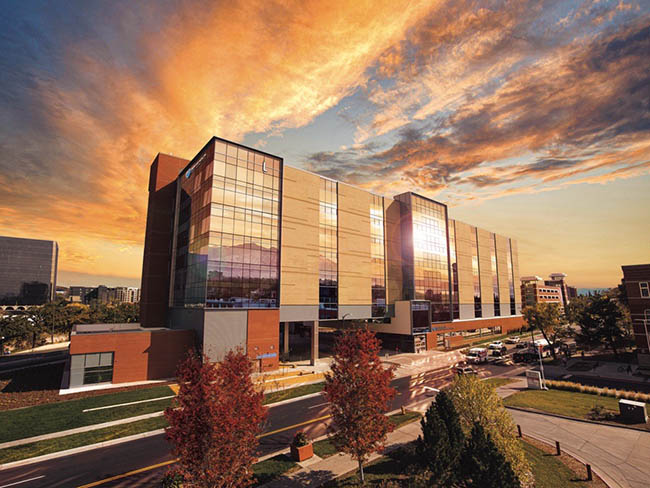
March 26, 2024
Donations assure access to affordable health care
Kaiser Permanente grant and challenge spark $18.7 million for Denver Health’s …

March 20, 2024
Life after cancer: Surviving and thriving
A healthy life after cancer is possible. Learn how Kaiser Permanente helps …
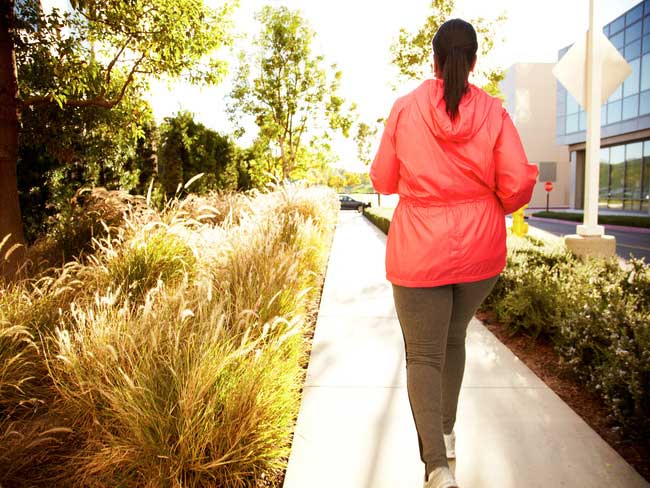
March 18, 2024
Program helps member prioritize her health
Medical Financial Assistance program supports access to health care.

March 14, 2024
Healthy kidneys support overall good health
Kaiser Permanente excels in preventing, detecting, and treating kidney …

March 14, 2024
Midwife offers personal care for mom facing complications
For Sam Beeson, having a midwife at her side during her pregnancy helped …

March 5, 2024
Researchers look for ways to find pancreatic cancer early
Early detection of the disease, before it becomes advanced, will increase …
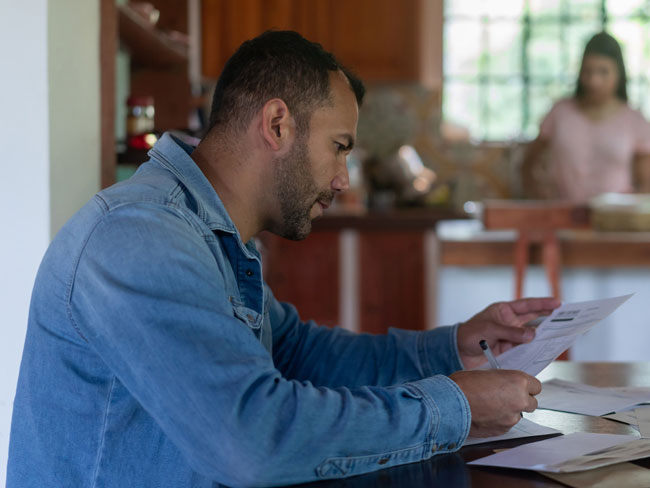
February 26, 2024
Patients can apply for help with medical bills
Kaiser Permanente offers financial assistance for people struggling to …

February 22, 2024
The journey of a lifetime
Care teams at Kaiser Permanente Fontana Medical Center helped Phillip Crawford …

February 21, 2024
From planning his funeral to celebrating his wedding
Gabriel Abarca had no hope for his future. Then the team at Kaiser Permanente …

February 21, 2024
Recovering at home after a double mastectomy
Innovative surgical recovery program helps breast cancer patients safely …

February 2, 2024
Expanding medical, social, and educational services in Watts
Kaiser Permanente opens medical offices and a new home for the Watts Counseling …

January 17, 2024
How diabetes can affect your heart
People with diabetes are more likely to have heart disease.

January 10, 2024
‘You don’t know unless you ask them’
Kaiser Permanente’s Patient Advisory Councils help us create exceptional …

December 19, 2023
Determined to drop the weight and stop the cycle of diabetes
Following a COVID-19-related hospital stay, Robert DeLeon took charge of …
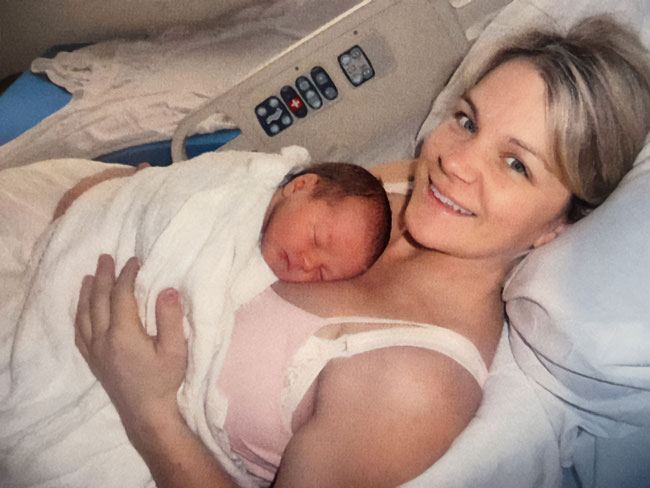
December 15, 2023
Family-centered care, through pregnancy and beyond
Members experiencing a low risk pregnancy have the option of having their …

December 6, 2023
Video prenatal visits are a boon for a busy working mom
A new care option offers a mix of in-person and virtual visits, supported …

December 1, 2023
Surviving — and thriving — after cancer
From diagnosis to recovery, David Parsons, MD, shares how screening, treatment, …
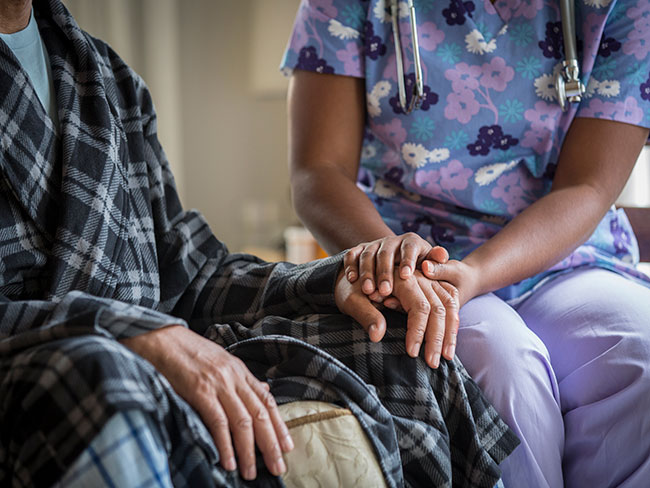
November 9, 2023
Announcing the Common Health Coalition
Kaiser Permanente, AMA, AHA, ACHP, and AHIP join to strengthen the partnership …

October 25, 2023
Breast cancer during pregnancy: Caring for mom and baby
A team of specialists treats an expecting mother’s cancer while keeping …

October 24, 2023
Childhood anxiety: What parents need to know
A child and adolescent psychiatrist shares tips on supporting your child …

October 23, 2023
A renewed sense of purpose after surviving breast cancer
Joy Short, a Kaiser Permanente member and employee, turned her breast cancer …
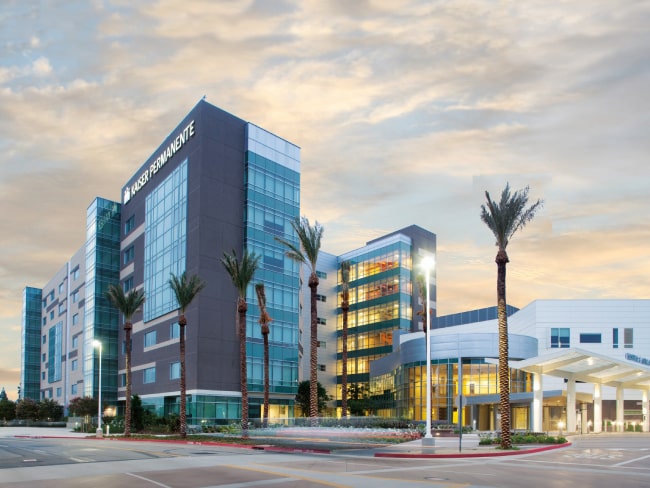
October 3, 2023
Nursing excellence recognized at Fontana Medical Center
The prestigious Magnet® designation affirms the compassion, dedication, …

September 19, 2023
Is telehealth right for you?
Members give video visits high marks — and with a few simple tips, you …

September 6, 2023
Advancing mental health crisis care through public policy
Organizations that provide public mental health crisis services must work …

August 28, 2023
Grants improve the total health of our communities
Kaiser Permanente increases access to mental health services in Southern …

August 17, 2023
Cancer research: The role of immunotherapy
Research and clinical trials play a vital role in advancing cancer treatment …

August 16, 2023
Cervical cancer screening: Exploring the at-home HPV test
Kaiser Permanente is at the forefront of cervical cancer research. Find …

August 14, 2023
Marla’s story: Surviving acute promyelocytic leukemia
After a diagnosis for a rare type of blood cancer, Marla Marriott got high-quali …

August 10, 2023
Highlighting our community health work in Southern California
The Kaiser Permanente Southern California 2022 Community Health Snapshot …

August 4, 2023
Eating well and adopting healthy habits helps prevent cancer
Learn how lifestyle medicine is part of cancer care at Kaiser Permanente.
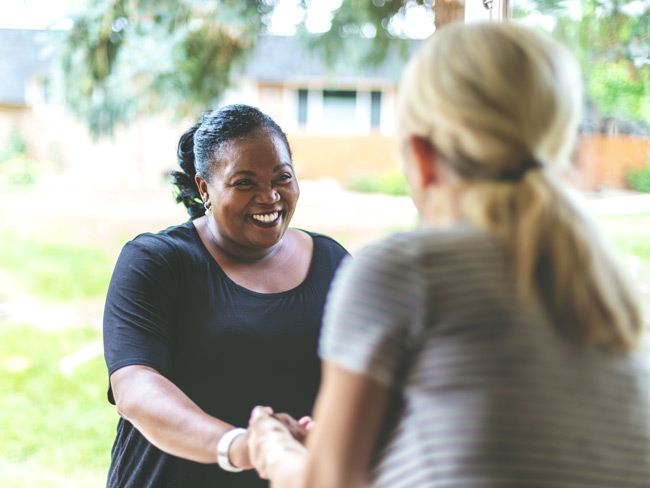
August 2, 2023
Social health resources are just a click or call away
The Kaiser Permanente Community Support Hub can help members find community …
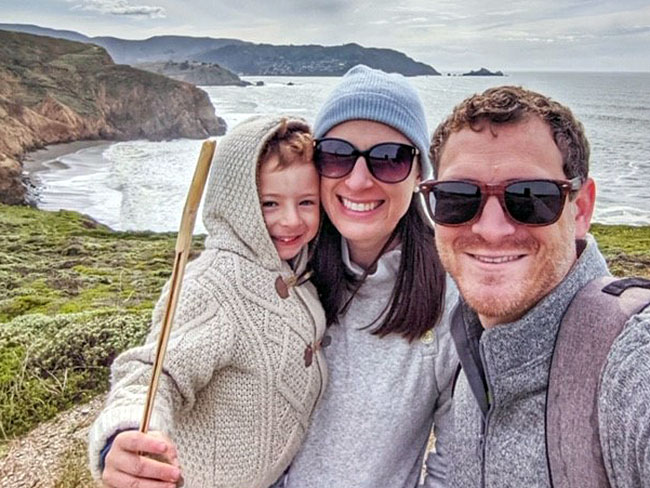
July 27, 2023
Courageously facing hereditary breast cancer
Fay Gordon's breast cancer was caught in the early stages thanks to genetic …
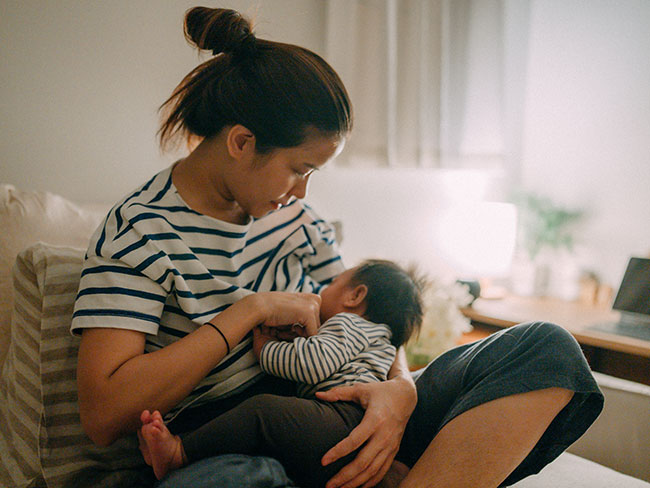
July 25, 2023
5 breastfeeding myths debunked
Tarayn Fairlie, MD, a pediatrician and lactation consultant, helps separate …

July 21, 2023
Thankful for every day after HPV-related cancer diagnosis
Michael West shares his incredible journey from diagnosis to treatment …

July 11, 2023
We deliver excellence for parents and babies
Our members are more likely to feed their babies breast milk. And they’re …
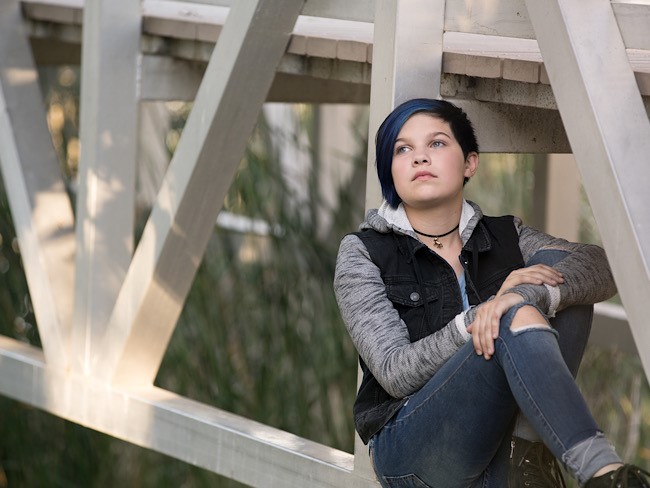
July 3, 2023
A compassionate approach is saving lives and rebuilding hope
Kaiser Permanente Los Angeles Medical Center’s Bridge Program has become …
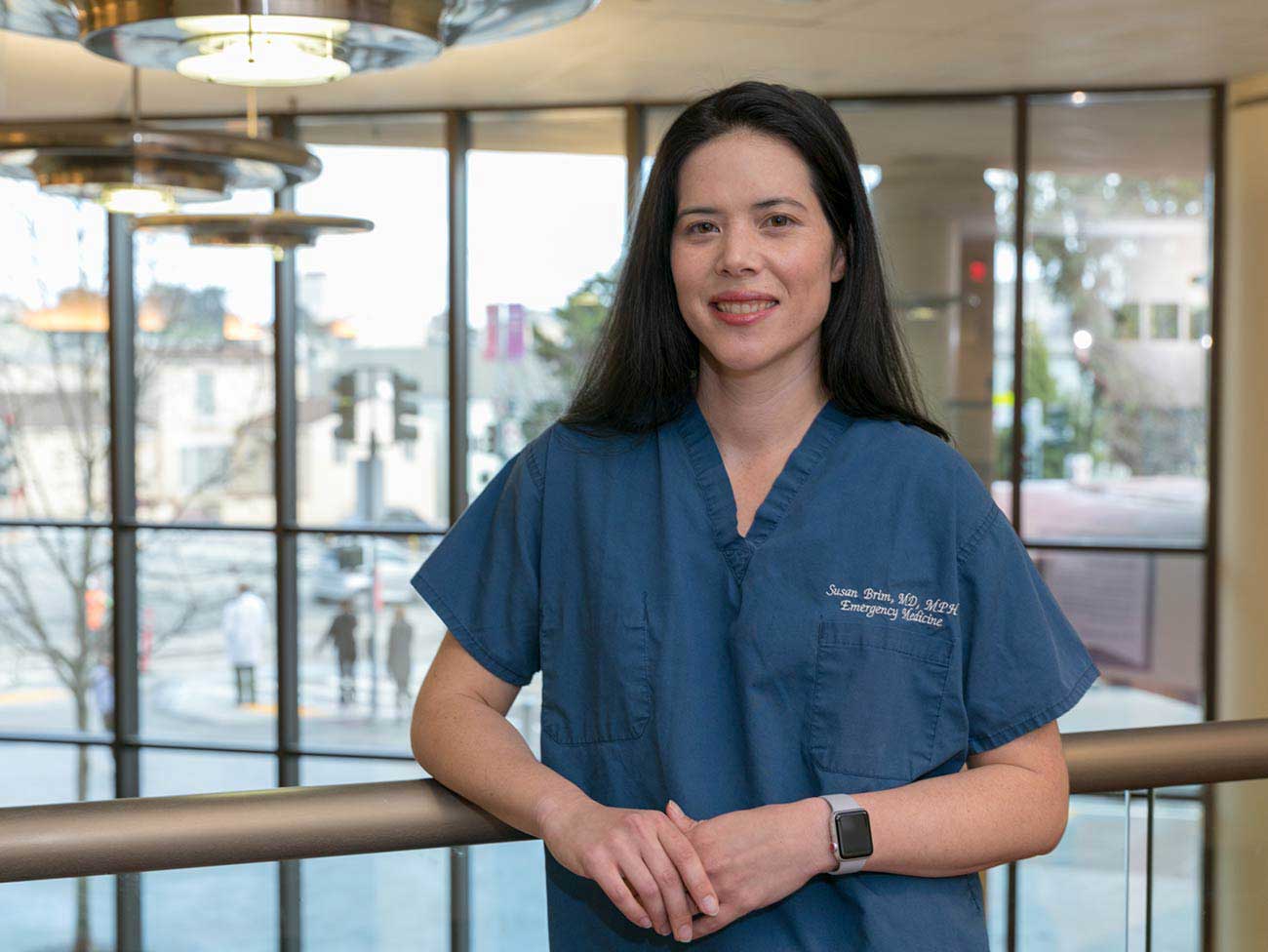
June 30, 2023
Lung cancer survivor received ‘pioneering’ care
Doctor and mother of 3 Susan Brim received top-notch care after her lung …

June 30, 2023
Our response to Supreme Court ruling on LGBTQIA+ protections
Kaiser Permanente addresses the Supreme Court decision on LGBTQIA+ protections …
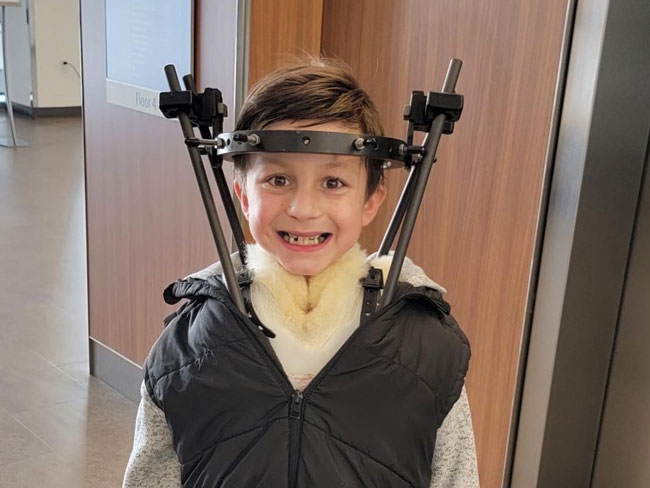
June 27, 2023
Comforting, personalized care for a kiddo with cancer
Carter Shaver from Portland, Oregon, shares his optimistic smile after …
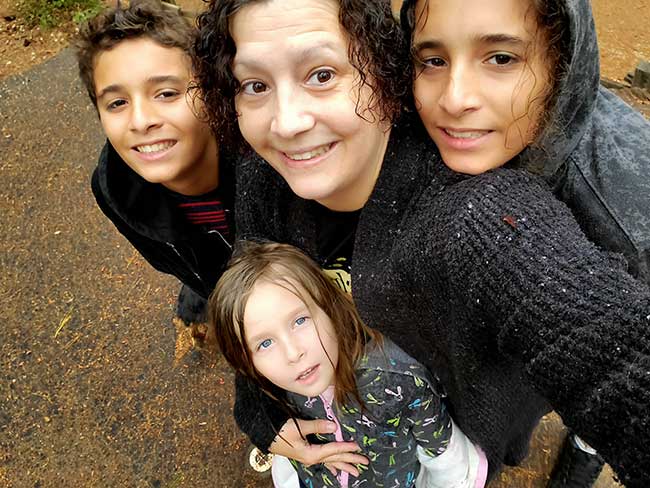
June 14, 2023
Living with stage 4 breast cancer
Thanks to personalized care from a team of skilled doctors, Christina McAmis …
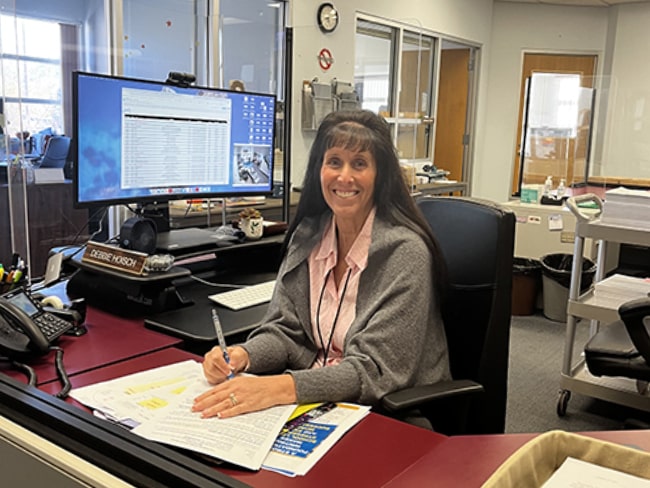
June 2, 2023
Worth knowing the warning signs
Kaiser Permanente member Debbie Hoisch encourages people to know the warning …

June 1, 2023
Policy recommendations from a mental health therapist in training
Changing my career and becoming a therapist revealed ways our country can …

May 30, 2023
The healing power of shared cancer experience
Peer mentoring program matches new cancer patients with others who’ve gone …

May 30, 2023
Kaiser Permanente commits up to $10 million to Denver Health
Funding comes as Denver Health provided $120 million in uncompensated care …

May 22, 2023
Investing and partnering to build healthier communities
Kaiser Permanente supports Asian Americans Advancing Justice to promote …
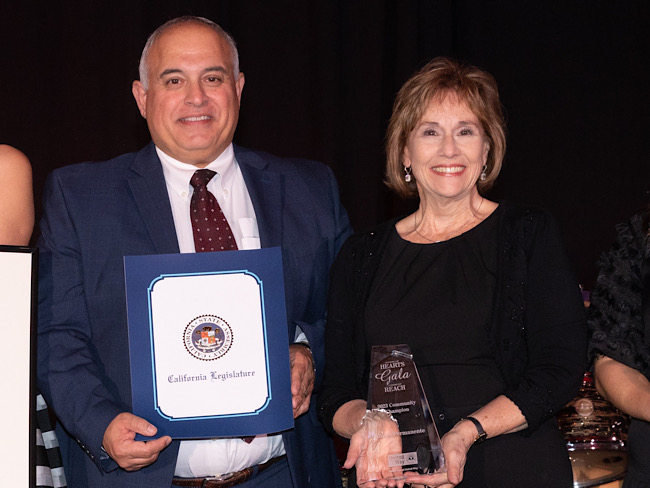
May 19, 2023
Partnering to improve the health of homeless individuals
Grant funds will combat housing inaccessibility and improve health care …
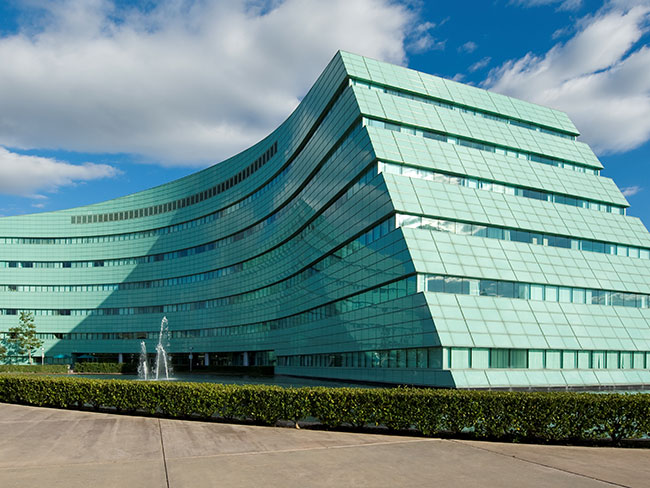
May 18, 2023
The gold standard of nursing excellence
Kaiser Permanente Baldwin Park Medical Center achieves Magnet status, the …
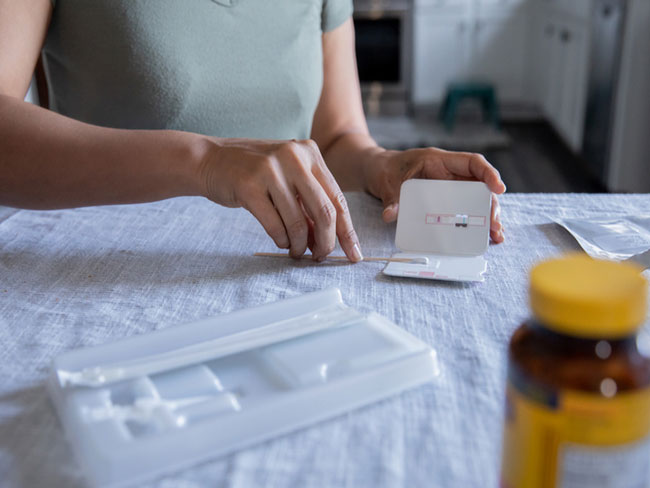
May 11, 2023
COVID-19 testing, testing — Get results in 1, 2, 3
Testing is the most important way you can help control the spread of COVID-19.